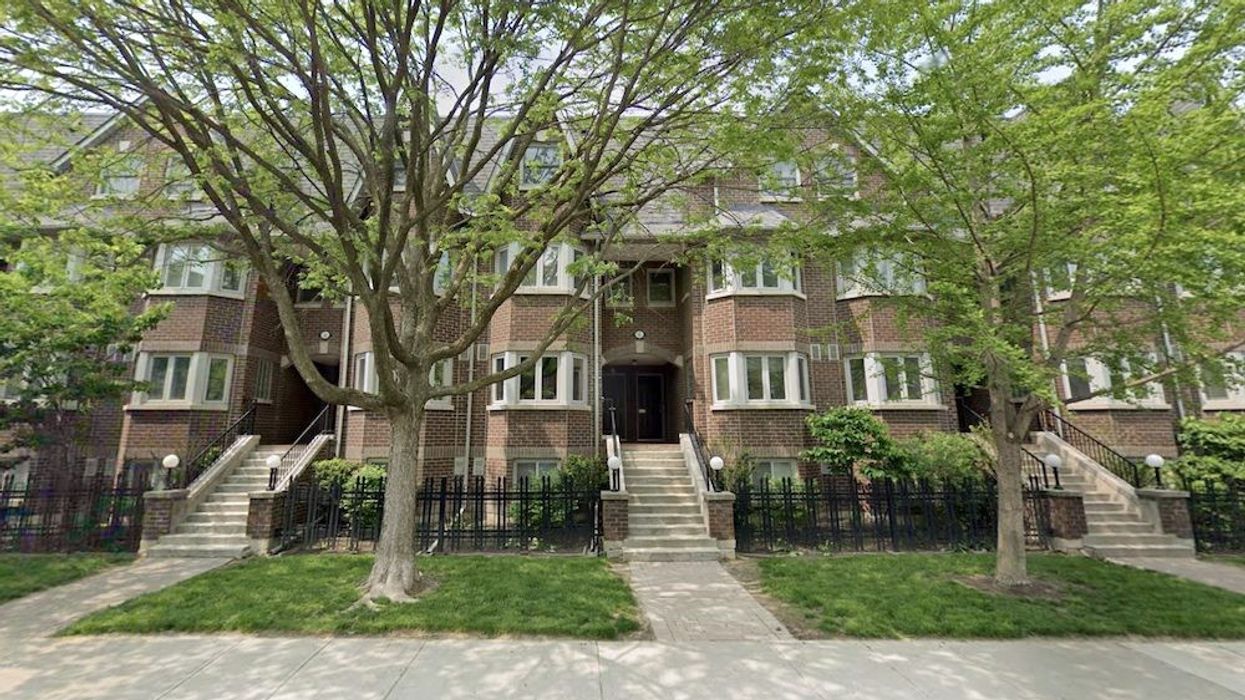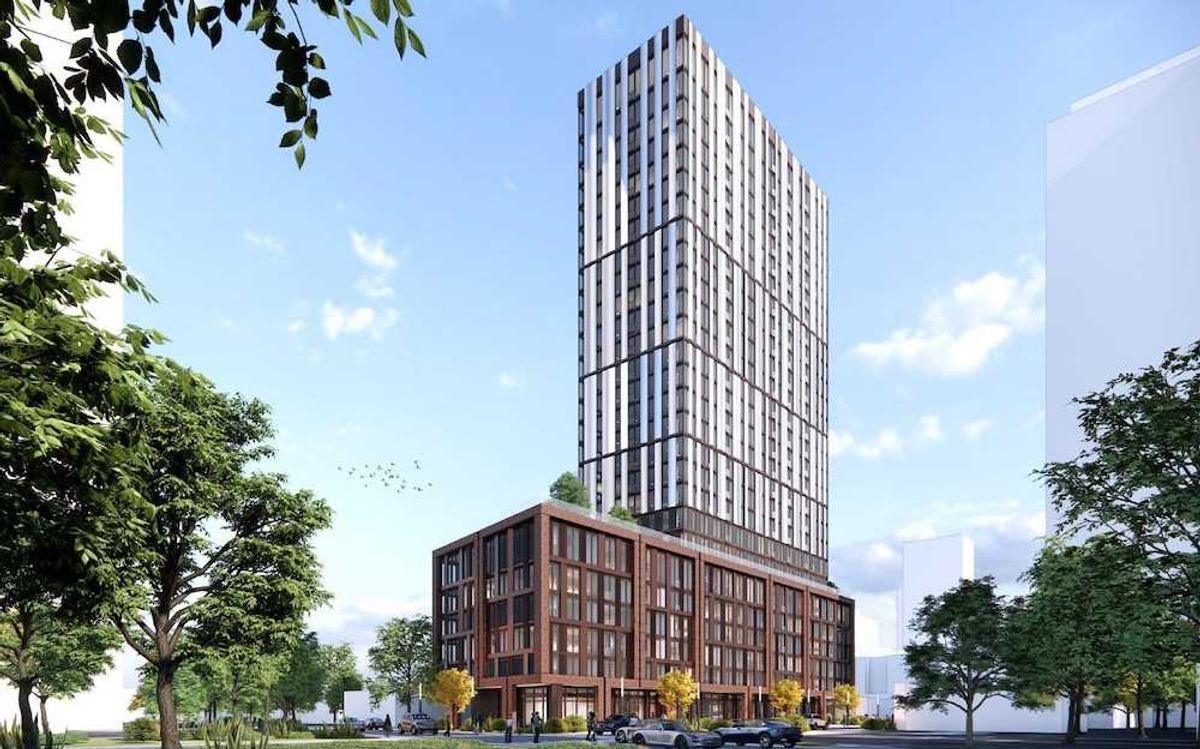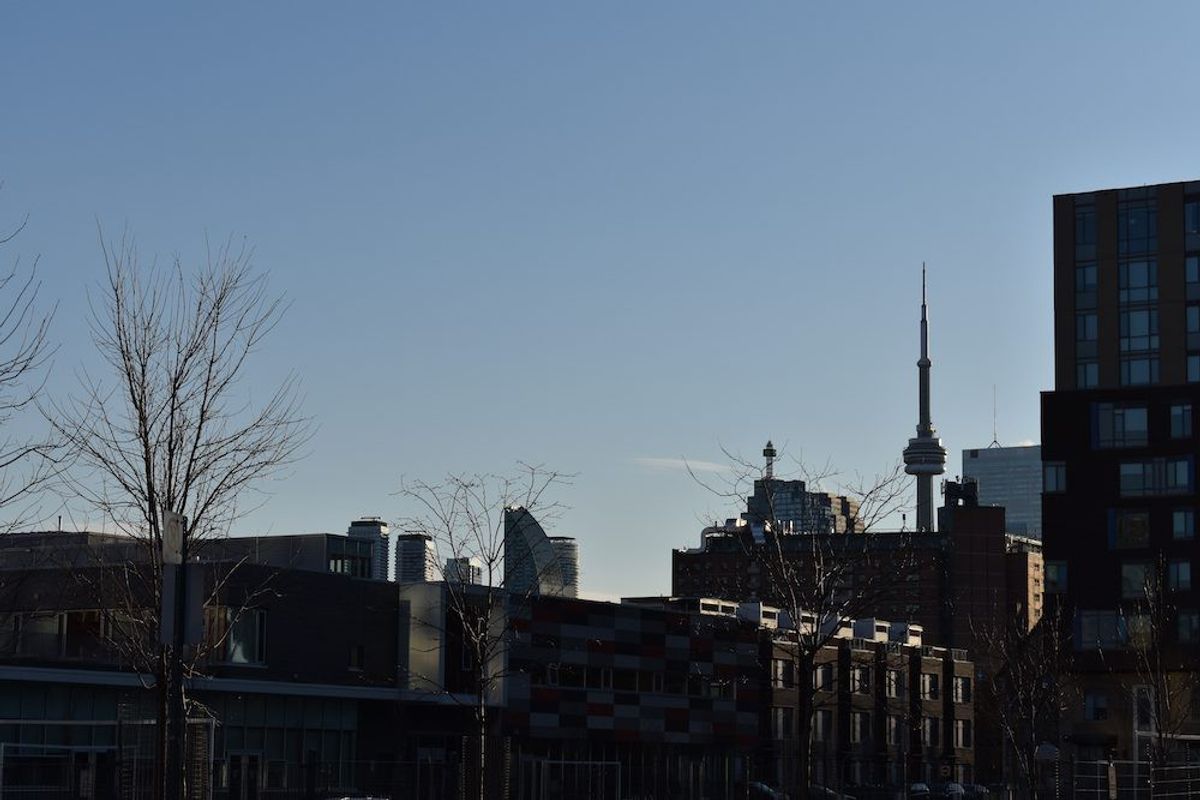The City of Toronto will consider a move to allow multiplexes city-wide as part of a plan to get more homes built.
A City staff report going before the Planning and Housing Committee next week is recommending amendments to the City's Official Plan and Zoning Bylaw that would allow for the low-rise housing type, up to four units, in all neighbourhoods across the city.
Toronto is expecting to attract 700,000 newcomers by 2051, the report says, and although the city has seen a boom in the mid- and high-rise housing development sectors, the supply of low-rise housing, including multiplexes, has not kept pace with demand.
“We have to get more housing built for people across our city," said Deputy Mayor Jennifer McKelvie. "Expanding multiplex development will help create more homes for people in all neighbourhoods. It is the right thing to do and I believe it will make sure we have a vibrant city for more families to live in.”
The new multiplexes would be exempt from FSI provisions, which staff say would "be a significant change to allow multiplexes to feasibly be built."
"Given that built form is regulated through numerous performance standards like setbacks, building length and depth, and landscaping, and that FSI only applies to a portion of this city, staff are of the opinion that eliminating FSI restrictions for multiplexes is appropriate and aligns with direction to move towards more form-based zoning for residential areas as outlined in the Housing Action Plan," the report reads.
The report also recommends removing restrictions that prohibit constructing an entrance to a secondary suite at the front of a building -- something that's currently only permitted on townhouses.
Other amendments include allowing building conversions that maintain the existing built form without having to comply with the same zoning standards used for new multiplexes. This would apply to the conversion of existing parking spaces within a building into a dwelling unit.
There would be some exceptions to the new zoning, including sites with historic zoning standards. Additionally, a monitoring program would be established to track uptake and identify issues related to building multiplex housing.
The report notes that multiplex housing will allow residents to age in place and also supports climate goals "by reducing emissions through neighbourhoods that allow people to walk, bike, or take transit; allowing for less carbon-intensive construction; and helping to protect the regional greenspace system by better using urbanized land."
If approved, the new zoning allowances would go slightly beyond the Province's More Homes Built Faster Act, which overrides municipal zoning to allow for up to three units on all residential properties.
The push for multiplexes goes hand-in-hand with another Toronto staff report also going before the Planning and Housing Committee next week, urging City Council to make a housing pledge to achieve or succeed the provincial housing target of 285,000 new Toronto homes by 2031.
Hitting that target would mean a 23% increase in Toronto's housing supply within 10 years and would require the completion of 31,050 homes per year. This is roughly double the number of homes built in the city annually between 2017 and 2021, the City notes.
"We have already taken action as a City government to speed up housing approvals and do everything we can to support more homes being built. Committing to the Housing Pledge is another important step," McKelvie said. "We are demonstrating to all orders of government, stakeholders and community leaders that we are serious about achieving and exceeding the completion of 285,000 homes. The City will do everything in its power to accomplish this ambitious target and we look forward to partnering with the provincial and federal governments as well as the development sector and local communities to realize this goal together.”
Following the Planning and Housing Committee meeting, the report will go before City Council in May.




















